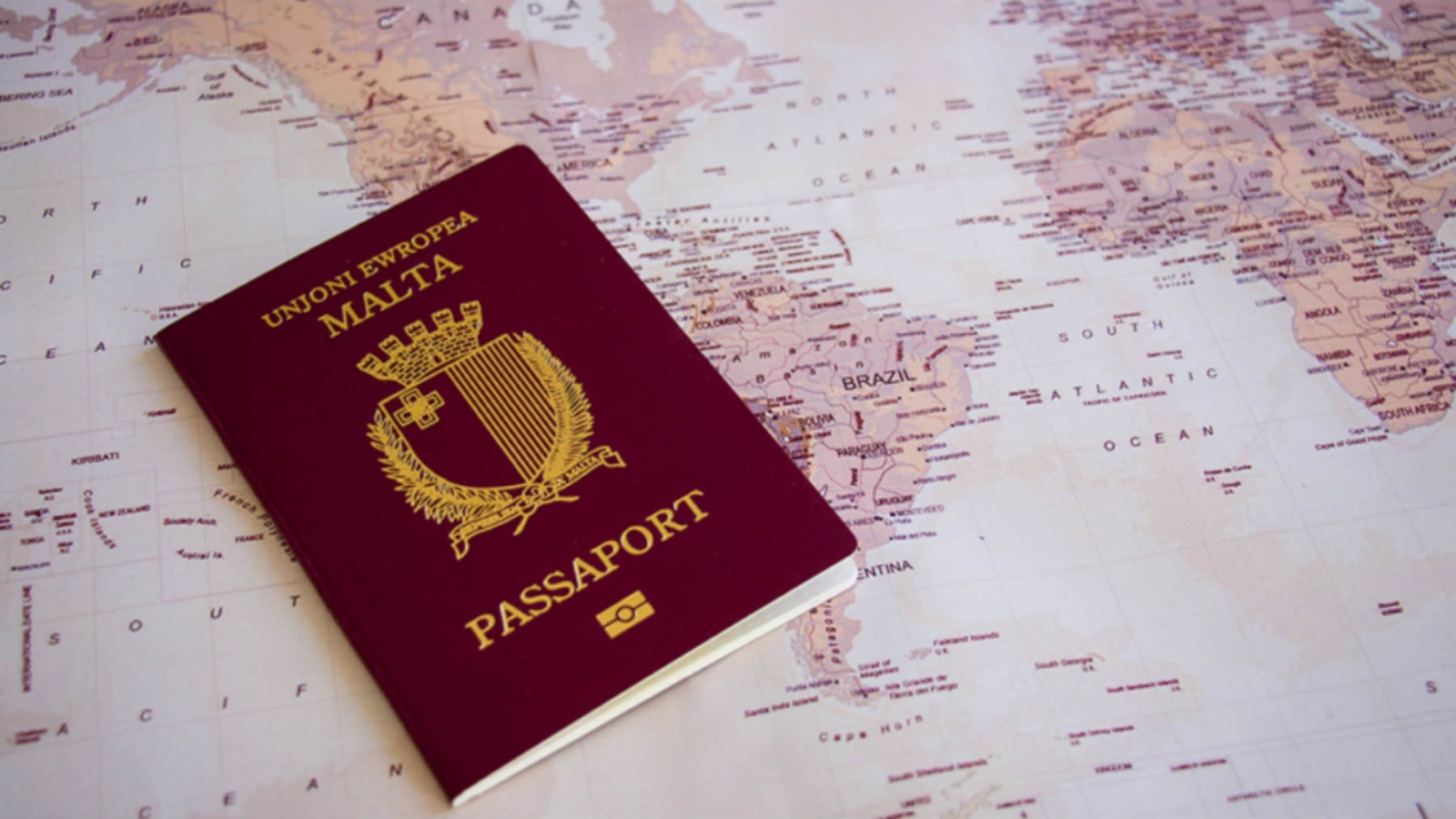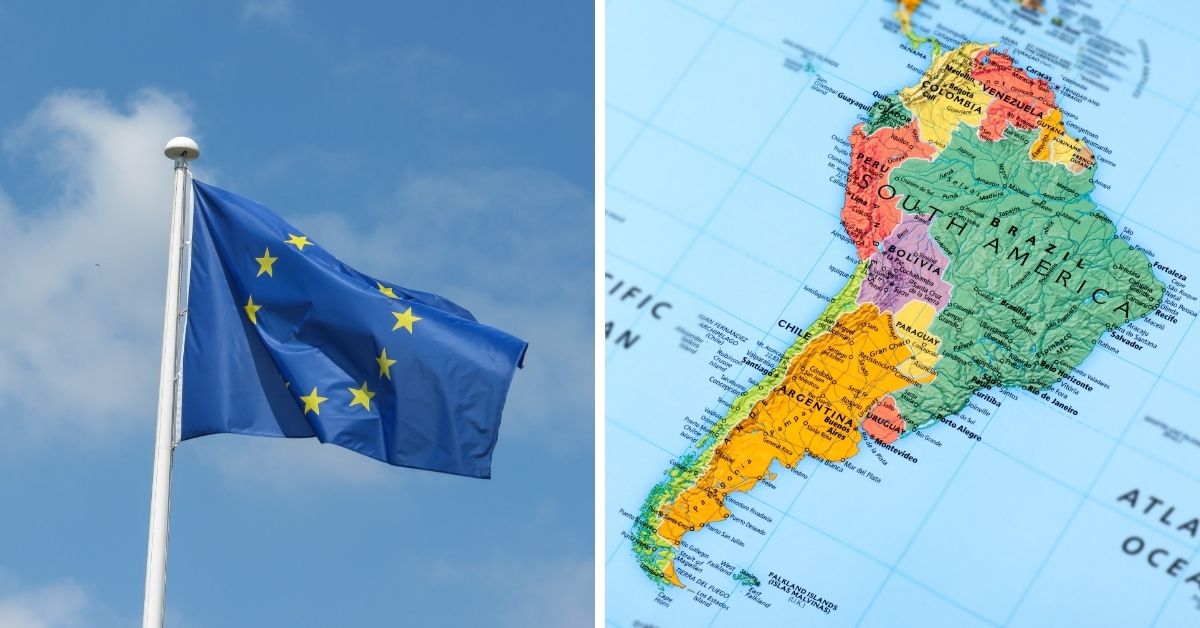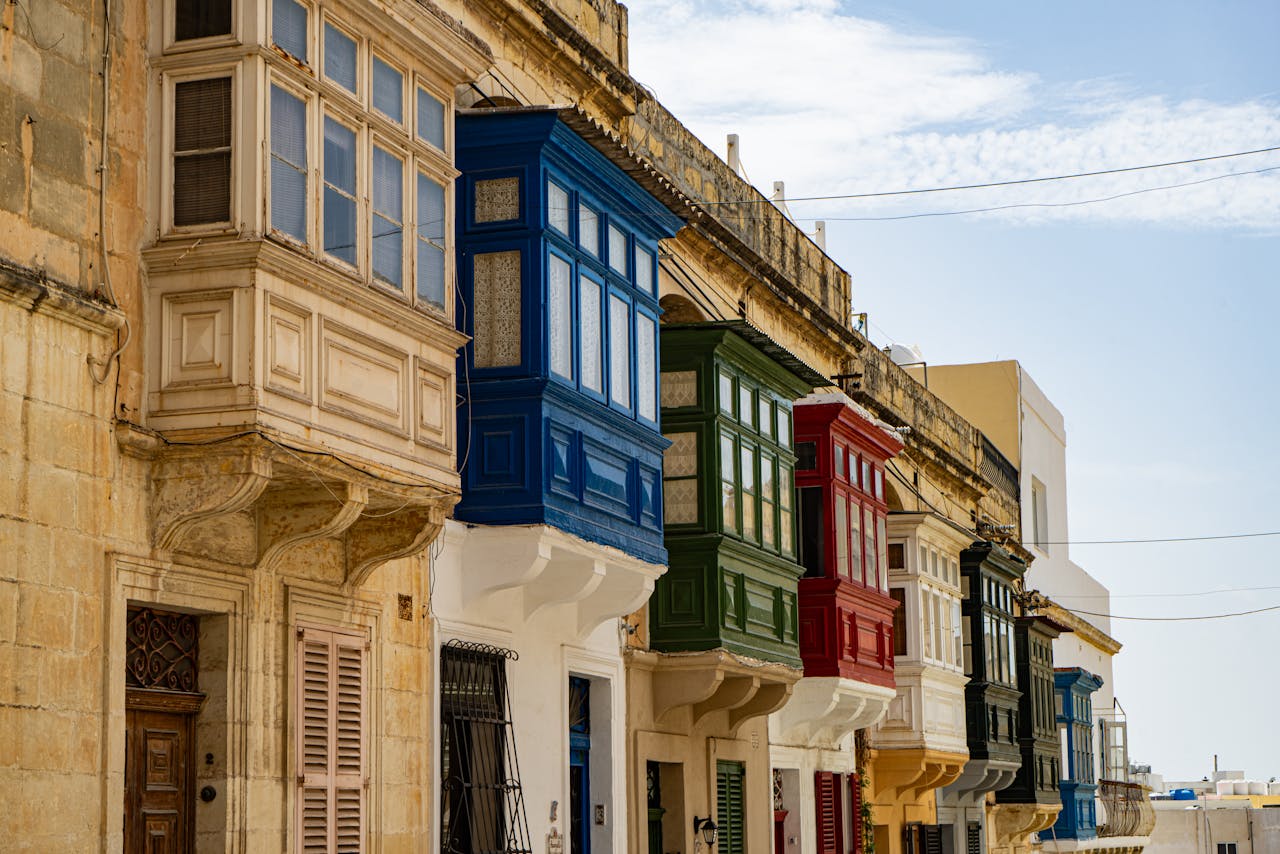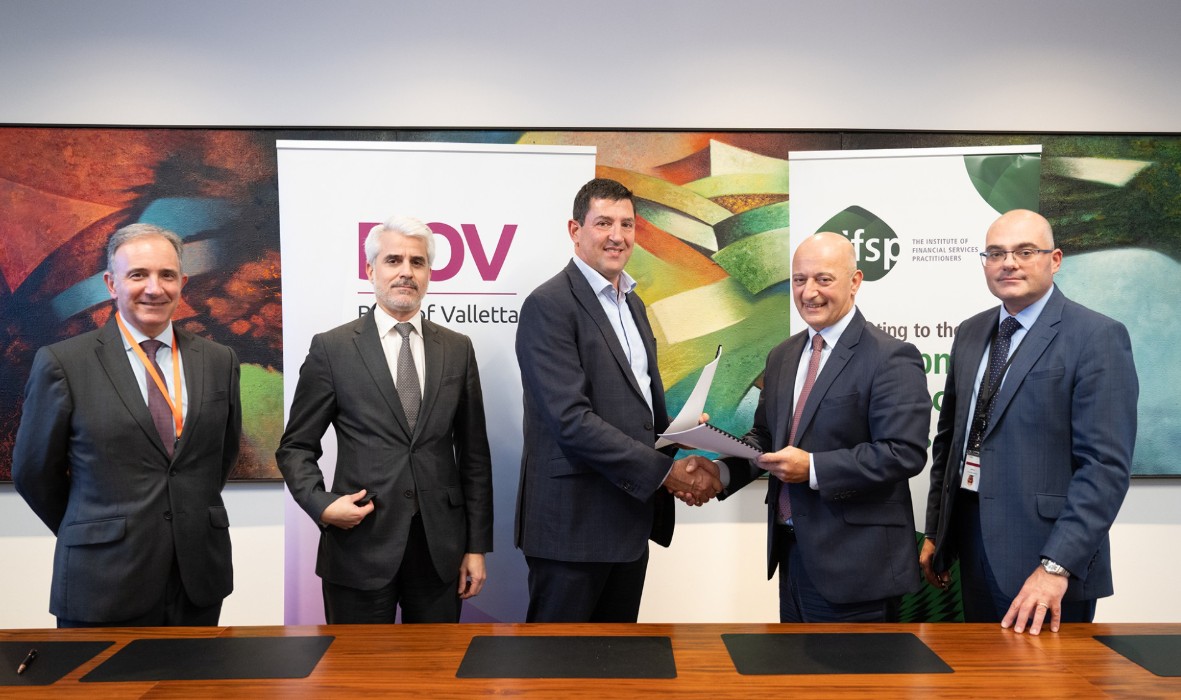Malta has suspended the processing of citizenship and residency applications from citizens of Russia and Belarus in a marked policy shift amidst growing calls to end the controversial “golden passport” scheme in view of Russia’s attack on Ukraine.
In a joint statement, Community Malta Agency, Identity Malta Agency, and Residency Malta Agency said that they have been closely monitoring the situation in Ukraine, Russia and Belarus.
The agencies confirmed that following thorough checks, no beneficiaries of any status, related to the grant of citizenship or residence, are on the EU Sanctions List.
Similarly, no applications from individuals on the EU Sanctions List are currently in process.
They said that the ongoing due diligence process ensures flagging of individuals who feature on sanctions lists from time to time, adding that in such cases, they shall “apply all the processes provided by law to revoke any status granted to them”.
The agencies added that as a result of recent developments, the existent due diligence checks cannot be carried out effectively in the current scenario.
“Consequently, Community Malta Agency and Residency Malta Agency have suspended, until further notice, the processing of applications for the above-mentioned statuses from nationals of the Russian Federation and Belarus.”
The agencies continued: “Notwithstanding the fact that no beneficiaries of any citizenship or residence status are on the EU Sanctions List, renewals of status of beneficiaries will be processed on a case-by-case basis in accordance with the existing standard procedures. These entail fresh compliance checks to ensure beneficiaries continue to remain eligible.”
Responding to the news, the Opposition Nationalist Party criticised Prime Minister Robert Abela for waiting until “the decision was made for him” after a fresh round of European Union sanctions on Russia and Belarus. It said the decision was taken “out of convenience, not conviction”.
The move follows growing internal and external pressure on Government to suspend the scheme.
President of the European Parliament and Maltese MEP Roberta Metsola last week urged European leaders to end the sale of “golden passports” to wealthy foreigners
She said: “The Kremlin has long thought it could buy its way into Europe. It is time to close any loopholes, end the dangerous phenomenon of golden passports that provide a backdoor to European citizenship and ensure that Russian money does not become as critical as Russian gas.”
The next day, the leaders of the European Commission, France, Germany, Italy, the United Kingdom, Canada, and the United States issued a joint statement saying they will “act against the people and entities who facilitate the war in Ukraine and the harmful activities of the Russian government.
“Specifically, we commit to taking measures to limit the sale of citizenship—so called golden passports—that let wealthy Russians connected to the Russian government become citizens of our countries and gain access to our financial systems.”
Local pressure has been mounting too, with prominent human rights and rule of law organisations The Daphne Caruana Galizia Foundation, SOS Malta, Integra Foundation, aditus Foundation, Jesuit Refugee Services Malta and Repubblika calling for an end to passport sales to “Russian elites who have benefitted from Vladimir Putin’s corruption”.
The Government sought to emphasise the benefits the citizenship by investment scheme leaves for the Maltese economy, with Deputy Prime Minister and Health Minister Chris Fearne praising it last week for offering a large source of revenue that could be used for community projects like the recent refurbishment of the Gżira Health Centre.
Parliamentary Secretary for Citizenship Alex Muscat also recently defended the controversial scheme, saying that Malta’s due diligence is unmatched and rejecting the “golden passport” monicker.
On Monday, BusinessNow.mt spoke to compliance expert Charles Cassar, who said: “If someone is an infiltrator sponsored by the Russian state, who hasn’t been sanctioned, there isn’t much Maltese bureaucrats can do to verify whether they are legitimate or not.
“While it is not the case that Malta lets anyone in, it could be the case that an infiltrator presents themselves to the authorities with all the necessary documents. Because if a state wants to fabricate someone’s identity and credentials, they can do that in a way that’s very difficult for someone sitting at a desk in Malta to detect.”
EU member states approve long-awaited South American trade deal
The deal follows over two decades of negotiations between the European Commission and a group of Latin American countries
Malta property prices rise 5.7% annually in Q3 2025
Malta’s residential property prices continued to rise
BOV and IFSP join forces to drive skills development across Malta’s financial services industry
A new agreement will focus on professional development, knowledge sharing and joint initiatives to support Malta’s evolving financial services industry






